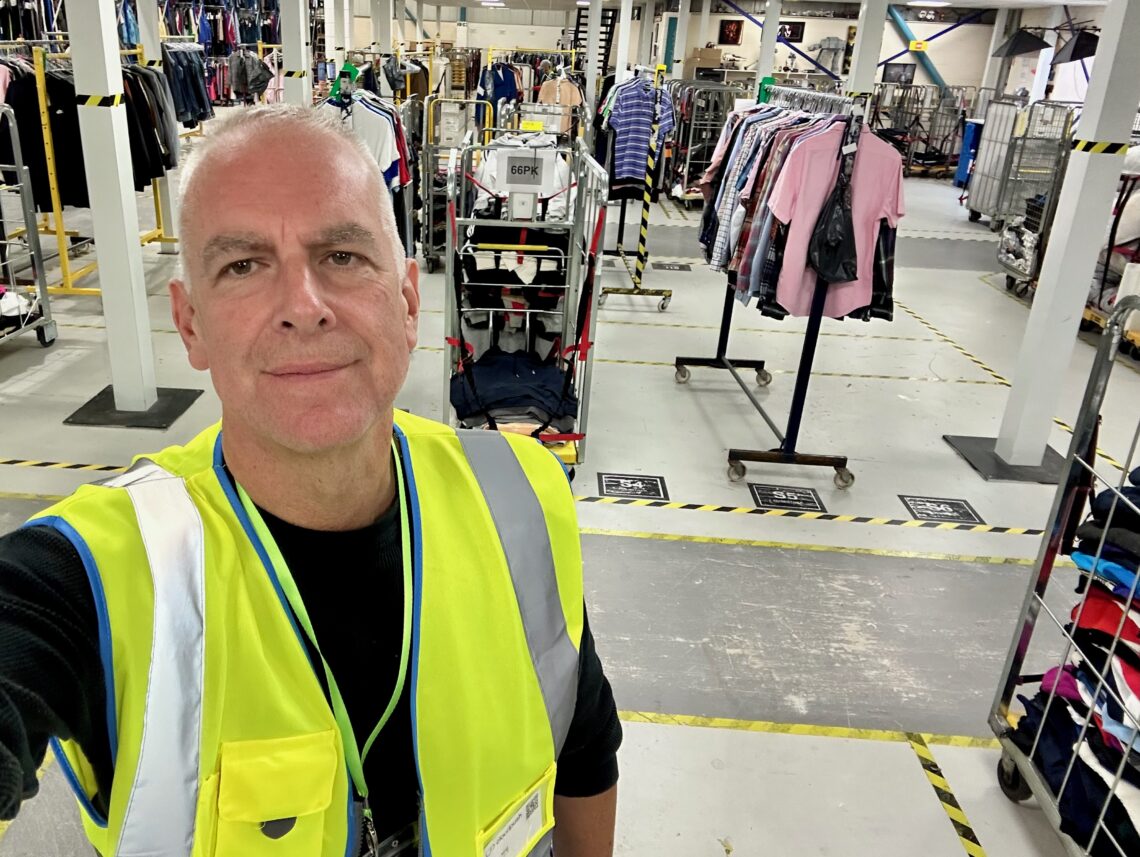
The Growing Market for Recycled Clothing
Introduction
The fashion industry is undergoing a significant transformation as consumers and businesses alike increasingly prioritize sustainability. One of the most promising trends in this shift is the growing market for recycled clothing. This movement not only addresses environmental concerns but also offers economic benefits and innovative opportunities for companies like Loopi.
The global clothing recycling market is experiencing robust growth. In 2023, the market was valued at approximately USD 6.49 billion and is projected to reach USD 18.27 billion by 2033, reflecting a compound annual growth rate (CAGR) of 10.9%. This growth is driven by rising awareness about the circular economy and the environmental impact of textile waste.
Sustainable fashion, which includes recycled clothing, is gaining traction. The market share of sustainable apparel is expected to reach over 6% by 2026. This trend is supported by increasing consumer demand for eco-friendly products and the adoption of sustainable practices by major fashion brands.
Environmental Impact
One of the significant benefits of recycled clothing is the reduction in microplastics released into the environment. Microplastics, tiny plastic particles less than 5mm in size, are a major pollutant originating from synthetic fibres used in clothing. These particles are released during the manufacturing, washing, and disposal of garments, eventually making their way into waterways and ecosystems.
Microplastics Statistics:
- Global Release: Approximately 5.6 million tonnes of synthetic microfibers have been released from apparel washing between 1950 and 2016, with half of this amount emitted in the last 10 years
- Laundry Impact: Up to 18 million microfibers may be released from a 13lb load of synthetic fabric laundry
- Cigarette Butts: Global cigarette butt pollution releases roughly 300,000 tons of microfibers into the environment annually
Recycled clothing helps mitigate this issue by reducing the demand for virgin synthetic fibers. Studies have shown that recycled polyester, for example, releases fewer microplastics compared to virgin polyester. This reduction in microplastic pollution is crucial for protecting marine life and maintaining the health of our ecosystems.
Companies Leading the Way
Loopi is a notable example of a company making strides in the recycled clothing market. Founded in 2019, Loopi (https://loopi.com) operates a second-hand apparel marketplace that offers a wide range of clothing items, enabling customers to make sustainable fashion choices while contributing to environmental conservation
Organizations like Cleaner Seas (https://www.cleaner-seas.com/) play a crucial role in addressing marine pollution and promoting sustainable practices. Established in 1998, Cleaner Seas focuses on a wide range of marine environmental issues, including the reduction of plastic pollution and the promotion of renewable energy in ocean conservation. Their efforts help raise awareness and drive action towards cleaner oceans, complementing the goals of the recycled clothing market.
Future Outlook
The future of the recycled clothing market looks promising, with several key trends driving its growth:
- Increased Consumer Awareness: As consumers become more aware of the environmental impact of their choices, the demand for recycled clothing is expected to rise.
- Technological Advancements: Innovations in recycling technologies are making it easier and more cost-effective to produce high-quality recycled textiles.
- Regulatory Support: Governments and organizations are increasingly implementing policies and incentives to promote sustainable fashion practices.
The growing market for recycled clothing represents a significant shift towards sustainability in the fashion industry. Companies like Loopi and Cleaner Seas are leading the way by offering eco-friendly alternatives that reduce environmental impact and promote circular economy principles. With continued consumer support, technological advancements, and regulatory backing, the future of recycled clothing looks bright, promising a cleaner and more sustainable world.





